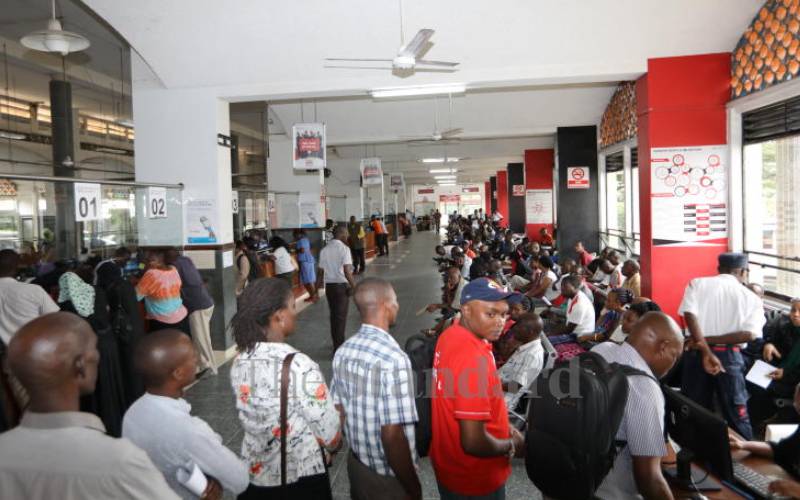×
The Standard e-Paper
Join Thousands Daily

The problem with coming closer to or achieving targets is that an even greater target will be set.
That is the story of the Kenya Revenue Authority (KRA). And the higher the target KRA is given, the more pressure it must assert on taxpayers, so much so that the lion on its logo never sleeps.